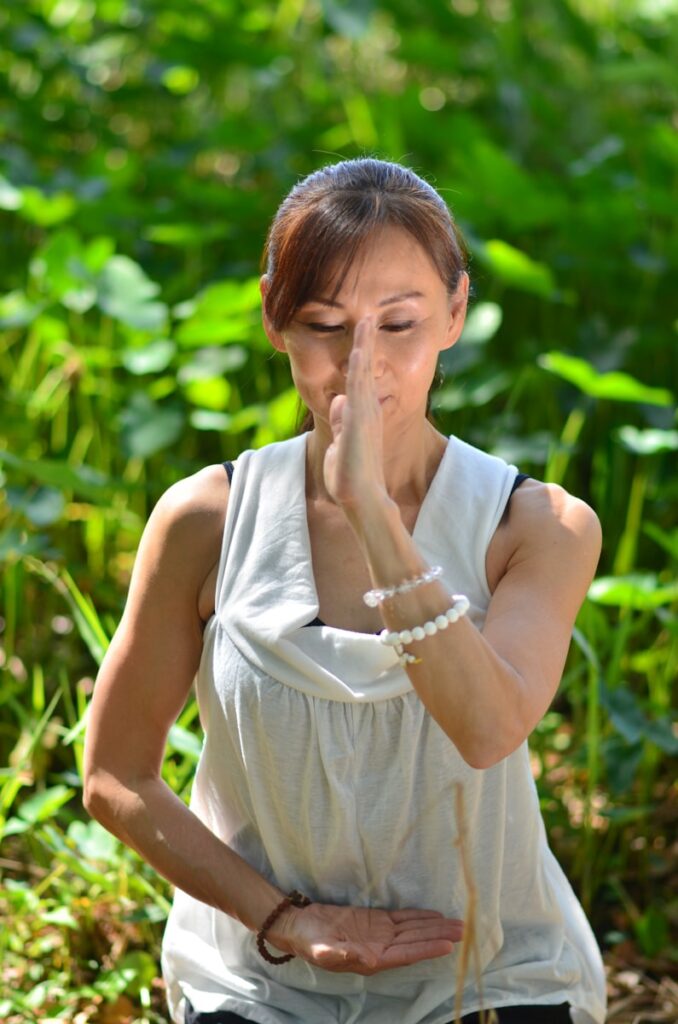Are You Looking at Me? Overcoming Social Anxiety
Do you feel your heart race when attending a social gathering? Do you avoid social situations because you fear being judged or scrutinized? You are not alone. Social anxiety affects millions of people and can make everyday interactions feel overwhelming. But it doesn’t have to control your life. With the right strategies, you can manage your anxiety and enjoy meaningful interactions with others..
Key Takeaways
- Social anxiety is common and treatable; you’re not alone.
- Managing your body, thoughts and behaviors can significantly reduce symptoms.
- Gradual exposure and professional support accelerate recovery.
- Practicing consistent strategies helps rebuild confidence and enjoy social interactions.
What is Social Anxiety?

Social anxiety is more than occasional shyness. It is a persistent fear of being judged, embarrassed or scrutinized in social situations. Approximately 12% of U.S. adults and 33% of teens experience social anxiety. It is often under-diagnosed and under-treated because many avoid seeking help.
People with social anxiety often avoid interactions, experience intense self-consciousness and may struggle with everyday tasks like talking to a stranger or attending a meeting. Technology has enabled online interactions and convenience, which can make avoiding face-to-face interactions easier and potentially worsening anxiety.
Common signs of social anxiety include:
- Fear of being watched or judged
- Avoiding social gatherings or public speaking
- Intense worry and rumination before or after social events
- Physical symptoms like rapid heartbeat, sweating or muscle tension
- Using AI as a companion or friend substitute
Recognizing these signs is the first step toward managing anxiety and building your connections and relationships.
Why Social Anxiety Happens
Social anxiety is a complex condition potentially influenced by genetics, brain chemistry, personality and life experiences. Some contributing factors include:
- Fear of negative evaluation: Worrying excessively about what others think
- Past negative social experiences, which can be traumatic: Bullying or rejection can leave lasting effects
- High self-expectations: Perfectionism can amplify anxiety in social settings
- Biological responses: Your body’s fight, flight or freeze response triggers physical symptoms like racing heart, sweating and shallow breathing
How to Manage Social Anxiety
Managing anxiety requires a combination of strategies targeting your body, thoughts and behavior. Here are the most effective approaches:
1. Calm Your Nervous System
Physical symptoms can escalate anxiety. Managing your body’s response is critical. Techniques include:
- Deep breathing: Inhale for 3 seconds, exhale for 3-6 seconds. Repeat until calm.
- Progressive muscle relaxations: Tense and release each muscle group to reach muscle fatigue and reduce tension.
- Shaking it out: Small movements can release nervous energy and reset your system.
Why it works: Calming your nervous system reduces physical anxiety, making it easier to face challenging situations.

2. Challenge Negative Thoughts
Social anxiety often involves distorted thoughts about judgment and scrutiny. To overcome these thoughts:
- Identify the negative belief (e.g., “Everyone is staring at me”).
- Examine the evidence that support the thought.
- Examine the evidence against it (No assumptions, just facts).
- Replace the negative thought with a realistic, balanced thought based on evidence (e.g., “Most people are focused on themselves, not me”).
- Reflect on this new thought for a minute. This helps solidify the thought in your brain.
Tips:
- Practice the thought restructuring with each social experience.
- Use journaling as a way to reinforce this practice.
- Celebrate small victories to reinforce progress.
3. Gradually Expose Yourself to Social Situations
Avoidance of social situations can temporarily relieve anxiousness but worsens it over time. Gradual exposure can help.
- Start with small steps. Make eye contact, smile, greet a cashier.
- Start with one person and progress to larger social interaction with small gatherings, work meetings, social events.
- Track your progress and note reduced anxiety levels.
Many of my clients have started with these small, gradual steps and overtime have become more comfortable in social situations. Though they haven’t become social butterflies, they no longer fear social interactions and have made lasting friendships.
Seek Professional Support
Sometimes self-help strategies aren’t enough. Evidence-based therapy can accelerate progress:
- Cognitive Behavioral Therapy (CBT) has proven to reduce social anxiety symptoms by challenging negative thoughts and encouraging gradual exposure.
- EMDR Therapy: Can help process past experiences that contribute to anxiety.
- Therapist Support: Regular sessions provide guidance, accountability and tailored strategies.
It won’t happen overnight but with practice and persistence, you can learn to manage your anxiety.
FAQs about Social Anxiety
Social anxiety may improve with lifestyle changes but evidence based therapy such asCBT is most effective for lasting results.
Recovery varies by individual, but gradual exposure and therapy often show improvements within weeks to months.
Certain medications, like SSRIs, may help alongside therapy. Consult a medical professional for personalized recommendations.
No. Shyness is a personality trait whereas social anxiety is a diagnosable condition that can interfere with daily life.

Judy Wang, LCPC, CPC
Judy Wang is a Licensed Clinical Professional Counselor in Maryland, Nevada, South Carolina, and Vermont. She is EMDR Certified and trained in Exposure and Response Prevention (ERP) for Obsessive-Compulsive Disorder. With over a decade of experience, Judy specializes in helping individuals navigate anxiety, trauma, OCD, and people-pleasing patterns. She provides personalized care for teens and adults seeking deep, long-term healing and emotional wellbeing.
